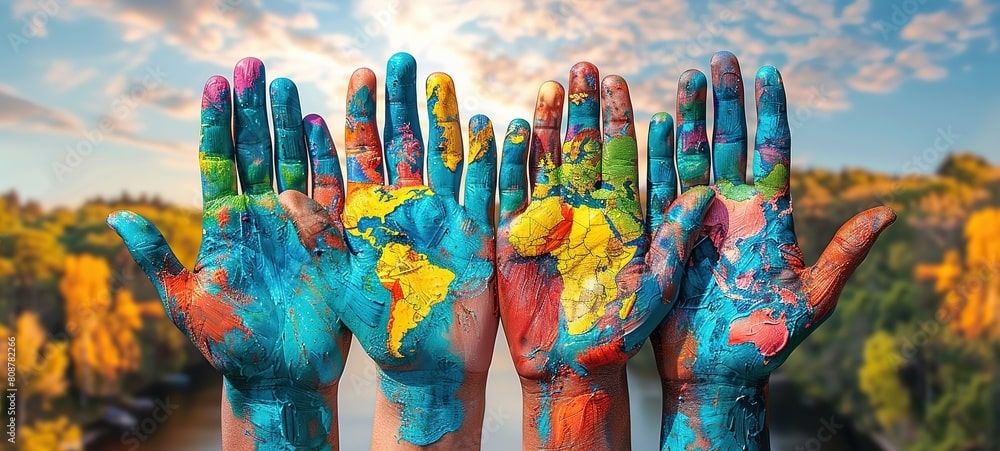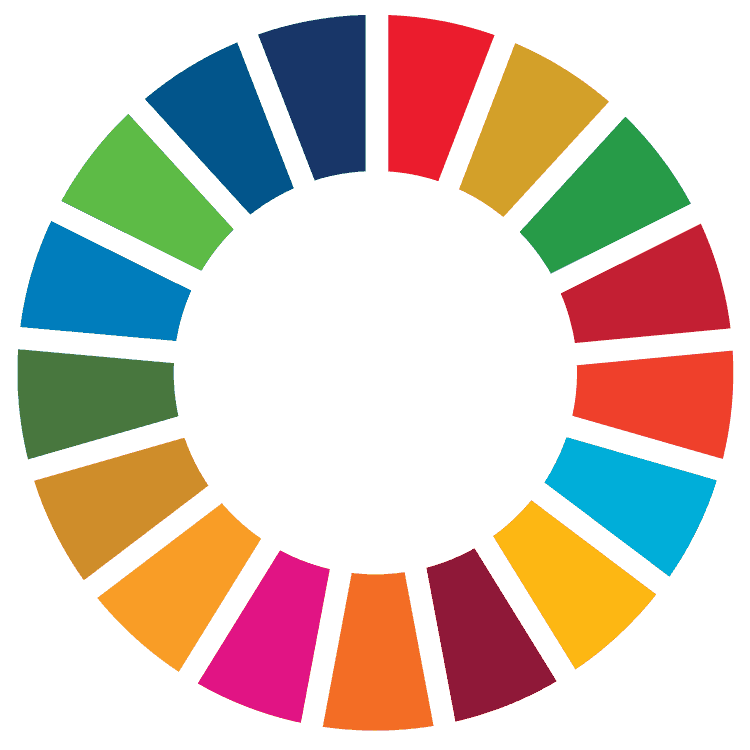Recent attempts by the United States to pressure European companies to scale back their diversity, equity, and inclusion (DEI) programs have intensified debate and sparked resistance among European policymakers and business leaders. This paradigm shift presents major challenges for international companies, which must adapt their messaging on DEI depending on the expectations of each market.
But U.S. influence doesn’t stop at its own borders. Several major French companies have received letters from the U.S. embassy in Paris, demanding that they abandon affirmative action policies, such as initiatives to promote gender parity or the inclusion of minorities, if they wish to continue competing for U.S. public contracts.
As a result, companies are navigating an increasingly complex landscape where regulatory priorities and political pressures are often at odds. Brands like McDonald’s, Walmart, and Toyota, which have rolled back DEI programs in response to cultural, social, and political shifts in the U.S., now face pressure from audiences, especially internal stakeholders in other countries where such policies are not only well established but, in some cases (as in Spain), have recently become mandatory by law
In this context, shifts in corporate DEI policies are drawing greater media scrutiny and creating reputational risks for organizations caught between changing regulations and public expectations.
At the same time, growing criticism of pinkwashing and rainbow washing companies using feminist or LGBTQ+ symbols and messaging to appear inclusive without meaningful action, has prompted many corporations to remain silent on diversity and inclusion.
What is the reputational cost of silence on diversity and inclusion?
Commitment to society is one of the pillars of corporate reputation, and one that has become increasingly difficult to communicate. According to the study Brand Influence: Europe Ranking, which evaluates global media influence scores related to diversity, the European picture shows a stronger correlation between influence and sustainability/DEI performance than is seen with global brands, where visibility often outweighs social commitments.
Unilever, Tesco and SAP lead in Europe
According to the research, companies such as SAP have reinforced their DEI commitments in Europe, while most others have stayed silent. Only Tesco and Unileverconsistently communicate their initiatives on diversity and sustainability, standing out in this area.
Zara, ACS, BBVA and Telefónica lead the way in Spain
In Spain, Zara and ACS are prominent in the media for their environmental sustainability efforts, while Telefónica and BBVAare strong examples of Spanish companies that actively communicate their commitments to diversity and equality. Recognized among the Top 10 Sustainable Companies in the World (Time/Statista 2024 score: 81.02) and included in the FTSE4Good index, Telefónica effectively promotes gender equality and disability inclusion, supported by a 71% employee approval rating on its culture of inclusion.
BBVA, meanwhile, exceeded its 2024 target for female representation in management, reaching 35.4% against a 35% goal, and has now set a more ambitious target of 36.8% by 2026. Beyond gender diversity, BBVA also fosters LGBTQ+ inclusion by establishing dedicated working groups across all the countries where it operates.
For PR, communications and marketing professionals, how a brand’s values and commitments are perceived can make the difference between industry leadership and reputational risk. Without a clear and credible narrative, even the strongest IED and sustainability initiatives can be overlooked or, worse, misunderstood.


